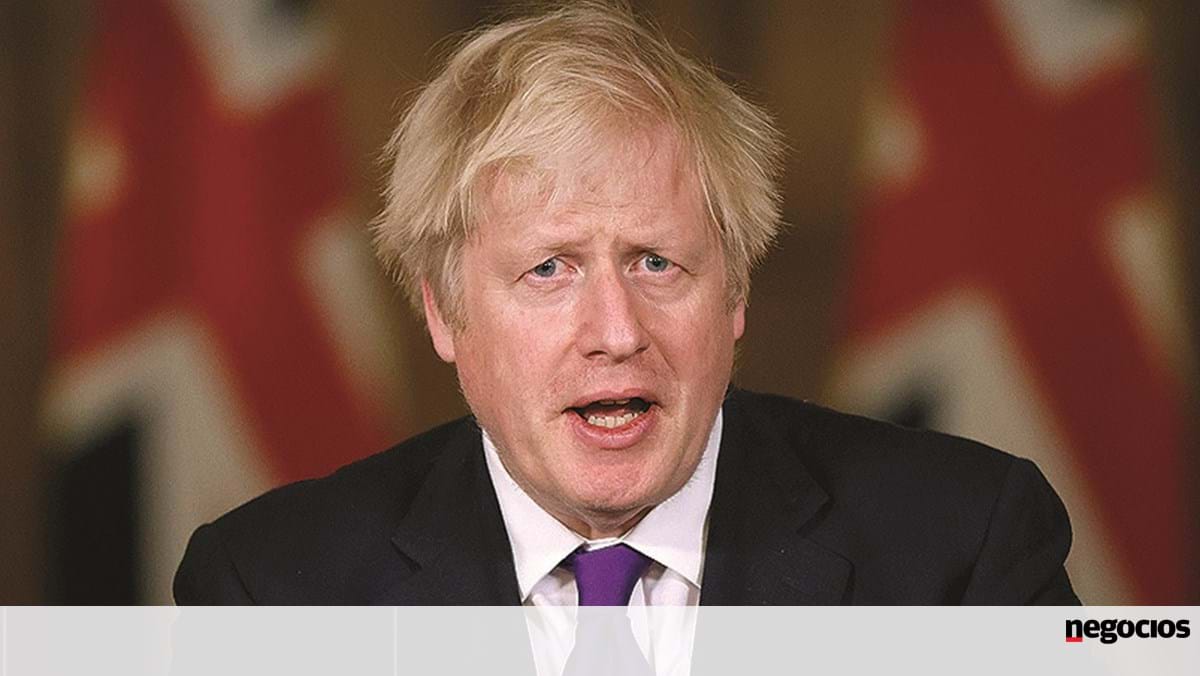
[ad_1]
British Prime Minister Boris Johnson abandoned the European exchange program for Erasmus students, under the agreement that will govern trade relations between the United Kingdom and the European Union (EU) after Brexit, reached this Thursday, citing cost problems and announce a global program to replace it, named after British mathematician and computer scientist Alan Turing.
Noting that the decision was “difficult”, Boris Johnson explained that while it was “wonderful” to host so many European students, the Erasmus program was “extremely expensive” for the UK.
However, in January, Boris Johnson had assured British lawmakers that “there was no threat to the Erasmus scheme.”
Last week, Cabinet Minister Michael Gove said the chances of a trade deal with the European Union were less than 50%, due to several points of divergence, but that issues such as Britain’s participation in European research programs Horizon Europe scientific exchange and Erasmus student exchange already had an agreement.
Following the change of position known after the trade agreement with the EU, the head of the Conservative government announced a national program to allow British students to attend the “best universities” around the world and not just in Europe.
Thus, the Erasmus program, in which the United Kingdom has participated since 1987, will give way to the Alan Turing program in that country.
The European Union’s head of Brexit negotiations, Michel Barnier, expressed his “regret” at the abandonment of the program and called on the British government to show “quickly” and “clearly” the alternative solution it will implement.
For the roughly 150,000 European students currently in the UK, attending a university there will now be more expensive and complicated.
The European Union and the United Kingdom reached a post-Brexit trade deal on Thursday, European Commission President Ursula von der Leyen announced in Brussels.
“We have finally reached an agreement. Much progress has been made, but we have a good agreement, which is fair and balanced,” announced Von der Leyen at a press conference with the EU chief negotiator, Michel Barnier, at the headquarters of the EU executive. .
One week before the end of the “transitional period” for the consummation of ‘Brexit’ and the UK’s exit from the single market, the European bloc and London thus avoided a disorderly ‘divorce’ by establishing a free trade agreement that will govern future relations .
[ad_2]